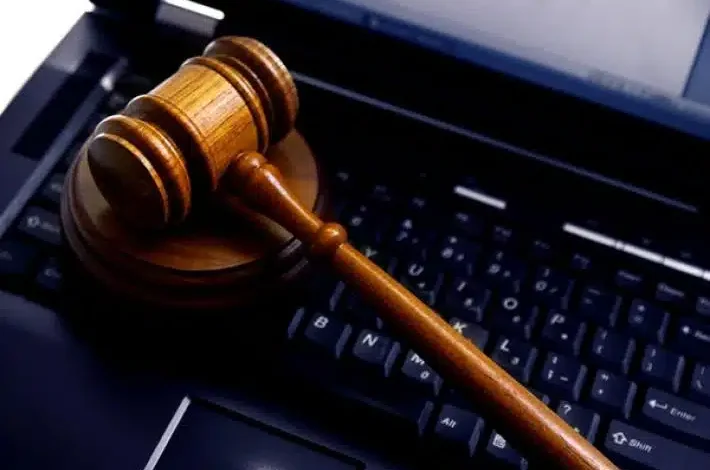South African law firm in trouble for allegedly using ChatGPT to create fake legal citations

On Thursday, January 9, 2025, a law firm in Pietermaritzburg, South Africa, is facing serious trouble for allegedly using AI tools like ChatGPT and Google to create fake legal citations for a court case.
The drama unfolded in September 2024 when Judge Elsja-Marie Bezuidenhout of the Pietermaritzburg High Court noticed that the law firm, Surendra Singh and Associates, presented several non-existent case references during a hearing. The firm was representing Godfrey Mvundla, a politician who had been suspended as the mayor of Umvoti.
Here’s what happened: The law firm initially secured an interim court order for Mvundla, but the judge later overturned it. When they filed for an appeal, they included case references to back their argument. However, Judge Bezuidenhout realized that most of the cases cited didn’t exist. Out of nine cases, only two were real—and even one of those had an incorrect reference.
The judge questioned the lawyer, Ms. Pillay, about the citations. She explained that the mess was caused by an articled clerk who hadn’t double-checked the references due to being overworked. When the clerk was asked to explain, she claimed to have found the cases through her university portal but couldn’t provide clear details when pressed.
The judge suspected that AI tools like ChatGPT might have been used to generate the fake citations, although the clerk didn’t admit it. Suren Singh, the firm’s owner, then appeared in court and complained about not being able to find the correct case references. He admitted to using Google to search for cases but didn’t take responsibility for the errors. Instead, he suggested the opposing counsel should also be blamed for not verifying the citations.
Judge Bezuidenhout was not impressed. She criticized the firm for wasting court resources and called presenting fake case law highly unprofessional. She ordered Surendra Singh and Associates to pay for the legal costs out of their own pockets and referred the matter to the Legal Practice Council for further investigation.
The lesson here? If you’re using AI or any research tools for legal work, make sure to double-check your facts. Otherwise, you might end up like this law firm—with egg on your face and a hefty bill to pay.





